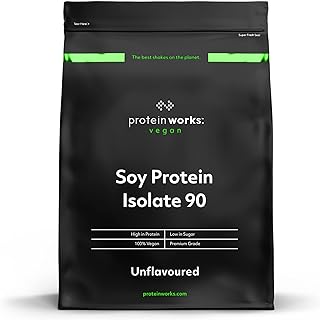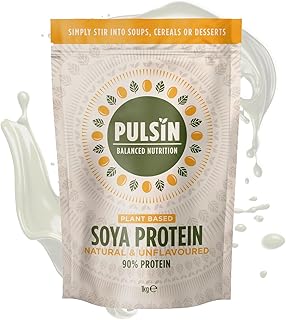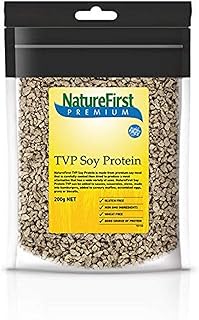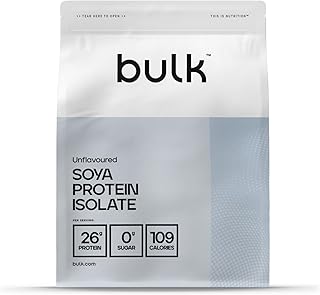The global soy food market has been on a steady growth trajectory, reaching $51.44 billion in 2024 and is projected to escalate to $74.44 billion by 2033 at a compound annual growth rate of 3.98%. This upward trend is largely attributed to the increasing popularity of vegan diets and health-conscious eating habits that have been driving innovation in the soy food industry.
IMARC Group’s latest research publication delves into the dynamics of the soy food market, categorizing products into various segments like Textured Vegetable Protein (TVP), Soy Milk, Soy Oil, Tofu, and others. These categories cater to a diverse range of consumers seeking organic or conventional soy products through different distribution channels such as supermarkets, online platforms, and convenience stores.
The integration of artificial intelligence (AI) technologies has profoundly impacted the soy food market, revolutionizing soybean cultivation practices, enhancing quality control measures in food processing, and optimizing supply chain management. Companies like Cargill and Archer Daniels Midland are leveraging AI to improve product development, ensure consistent quality, and enhance customer engagement through personalized nutrition recommendations.
Key trends in the soy food market reflect the surging demand for plant-based proteins, with tofu leading the market share, especially among flexitarian and vegan consumers. The market is witnessing a shift towards functional soy foods enriched with essential nutrients and probiotics, appealing to health-conscious consumers seeking premium and innovative dietary options.
Innovative processing technologies are reshaping the texture and taste profiles of soy-based products, with companies developing meat-like alternatives that mimic traditional animal proteins. Clean-label and organic soy products are gaining traction, aligning with consumer preferences for non-GMO and sustainably sourced options, particularly in developed markets like North America and Europe.
Digital marketing strategies and e-commerce platforms are playing a pivotal role in expanding the reach of soy food companies to consumers, offering personalized nutrition recommendations and enhancing consumer engagement. This shift towards online sales channels is driving higher consumer interaction and repeat purchases in the soy food market.
The growth factors in the soy food market are further fueled by the rising global vegetarian population, increasing lactose intolerance rates, and government initiatives promoting plant-based nutrition. Health benefits associated with soy foods, coupled with the expansion of food processing industries in Asia Pacific, are creating robust market foundations and driving innovation in soy-based products.
Recent developments in the soy food market showcase a trend towards innovation and sustainability, with companies investing in advanced technologies to develop tastier, non-GMO, and organic soy food alternatives. Stricter labeling regulations and consumer transparency initiatives are reshaping the market landscape, encouraging manufacturers to enhance product visibility and traceability.
In conclusion, the soy food market is poised for continued growth and innovation, driven by changing consumer preferences, technological advancements, and sustainability imperatives. With a focus on health, quality, and environmental consciousness, the soy food industry is evolving to meet the diverse demands of a global market seeking nutritious and sustainable food options.
📰 Related Articles
- Soy Isoflavones Market Growth Driven by Health-Conscious Consumers
- Soy Food Market Growth Fueled by Health-Conscious Consumers
- Soy Beverage Market Growth Driven by Health-Conscious Consumers
- Waste Paper Recycling Market Growth Driven by Sustainability Trends
- Sustainable Underwear Market Growth Fueled by Eco-Conscious Consumers






